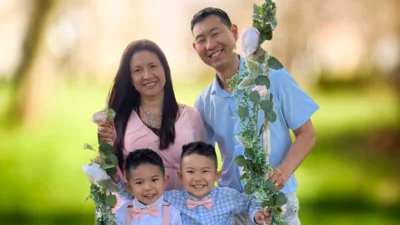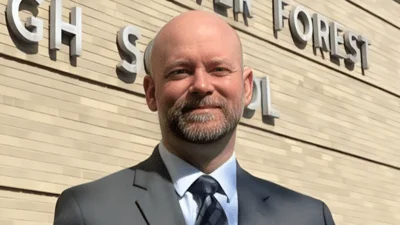Property tax reform remains elusive for Illinois lawmakers. | File
Property tax reform remains elusive for Illinois lawmakers. | File
William Mueller wonders why there is never another option to balance government budgets.
“The combine solution is always more revenue, never reducing the expenditures,” the 64-year-old Cook County resident told West Cook News.
It is the same old song and dance over and over, which explains the current financial mess, Mueller said.
“Illinois, Cook County and Chicago have suffered at the hands of the combine for decades — mainly Democrats because many Republicans are gutless or just want ‘theirs,’” he said.
Mueller was not surprised that serious property tax reform was not on the agenda during the 2020 session of the Illinois Legislature. It was supposed to be, back when the state formed the Property Tax Relief Task Force in August 2019. It was a bipartisan panel, with members named by Gov. J.B. Pritzker, the state Senate and the state House of Representatives. Eventually, its membership reached 88 people, all with ideas and suggestions on how to reduce the burden on taxpayers.
At least, that was the plan.
The task force missed its December deadline, and finally released a draft report in January. But Republicans refused to endorse it, saying their ideas were ignored and no real solutions were offered.
Mueller has some ideas how to reduce the nation’s second-highest property tax burden. He would start by slowing the flow of tax dollars out the pockets of citizens and into government accounts.
“There are far, far too many units of government and school districts,” Mueller said. “There are extremely top-heavy administrations in all units … Illinois must be at or near the top compared to other states in number of units and administrative jobs per capita. Couple that with the government union/Democrat back-rubbing and outrageous salaries and pensions, and you have an unsustainable situation.”
He said people are fed up. They wanted action on property taxes this session, but after the task force was unable to propose a workable solution, and the COVID-19 pandemic closed businesses and reduced state tax revenue dramatically, the legislature abandoned any pretense of discussing the issue and working on the problem.
Instead, it provided property owners with a 120-day extension on their tax bills without interest and penalties, a proposal that several counties had already offered. The legislature also automatically renewed an extension for seniors and disabled people.
Serious reform? No. The legislators hammered together a $40 billion budget for the 2021 fiscal year, heavily reliant on federal funds, and headed home.
Mueller said it is that kind of inaction that is sending more and more people to other states.
“I am trying to get my home ready to put on the market and escape Illinois,” he said. “Illinois is losing residents, business and congressmen,” he said. “Lower tax base, less revenue, raise taxes, lose residents and businesses even lower tax base … it’s a death spiral.”






 Alerts Sign-up
Alerts Sign-up